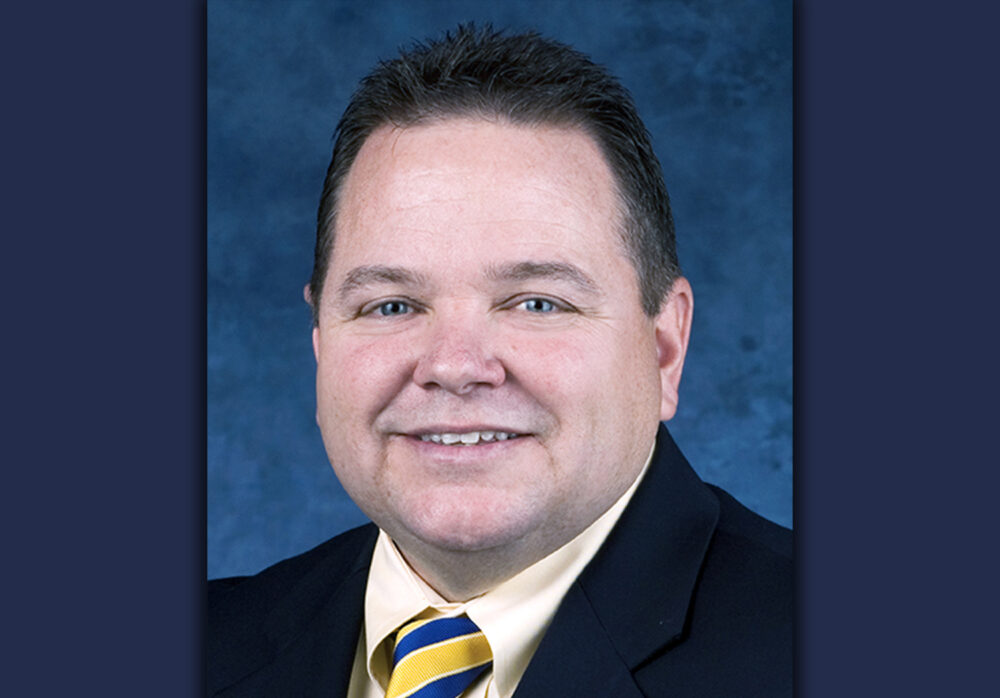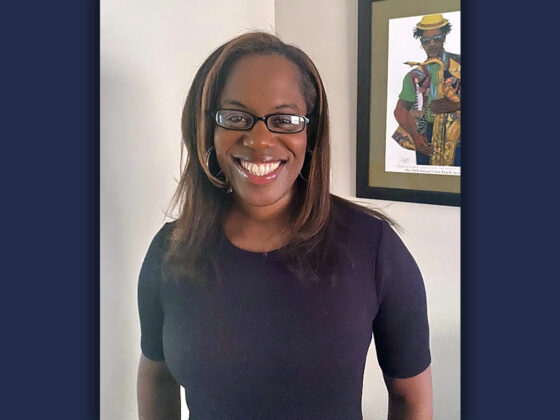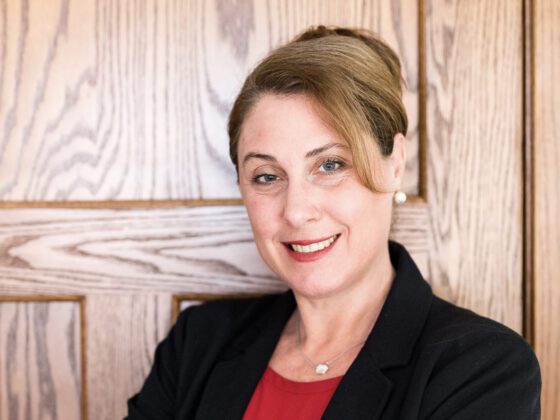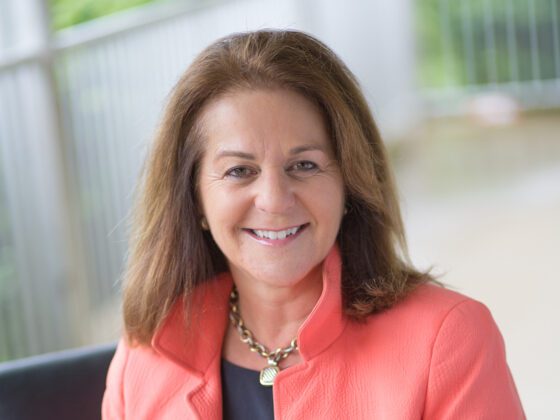In many respects, leadership is what the Boy Scouts of America is all about.
Samuel Thompson is Scout Executive and CEO of Circle 10 Council of the Boy Scouts of America, a territory that spans Northeast Texas and Southeast Oklahoma and serves approximately 40,000 children each year. Talk about leadership – Thompson manages four scout camps, two offices, 75 employees and roughly 10,000 volunteers.
A member of The Executive Program (TEP)’s 2022 class, Thompson shares his TEP experience with us, and how it has enabled him to inspire change and strengthen his leadership skills.
What led you to TEP?
Scouting has been going through a significant transition in our national headquarters. We had to file for bankruptcy, and that became a catalyst for looking at our organization and our processes as a whole.
Personally, I found that there was a lot I didn’t know outside of scouting and the not-for-profit world. My board challenged me to think differently and presented the opportunity to enroll in TEP to help with that. It was a wonderful experience. I was exposed to things I had never been exposed to. I don’t have a business degree or a master’s, but I learned so much through TEP that I brought back to our organization.
There are probably a lot of nonprofit leaders out there like you, who don’t have a business or a master’s degree, who could benefit from going through TEP.
I think more often than not, in the nonprofit world, you’re not going to find the top 10% of the university class that’s gone on to make millions of dollars. We do this for different reasons. We do it for the passion we have for our organization and the cause it supports and the people we serve. Some may not have master’s degrees or Ph.D.’s, but everyone has the desire to lead their organizations to success.
So, I would say for others like me who are coming to TEP like I did, 30 years after any kind of formal education, and as someone who didn’t have formal business training but evolved into a leadership role, TEP is one of the best programs out there for you. They have created a welcoming environment to learn, ask questions and a safe place to embrace change and make it happen.
What changes were you able to embrace and make happen because of your TEP experience?
As an organization, the Boy Scouts is over 113 years old. Some of the things we are doing today, we did back then too. So as my board challenged me to think differently, I had to ask myself, ‘Why are we doing it this way? What would happen if we did it a little differently?’ and TEP gave me the confidence to ask those questions.
Most nonprofit organizations of scale have some kind of training protocol, succession plan training, leadership training. Boy Scouts are known for it. We teach kids how to be leaders, but you can get so entrenched in what you do that you forget that there’s other ways to do it. And until you’re exposed to that, it’s hard to shift your thinking.
What I learned at TEP has led to us changing processes here that focuses on parents, volunteer leaders as well as the kids. We’re starting to see the results of those changes now, so I’m thankful for my TEP experience.
Did you take away any new perspectives from the program?
Definitely. A lot of my time at TEP was spent trying to think of things from a fresh perspective and how to implement change at my organization. One of our challenges is that 85% of our workforce are volunteers. We have only 75 staff members. So, I’ve had to employ a different style of leadership than many of my cohort because they’re working with paid staff, but I needed to inspire change with volunteers and staff. It’s a delicate balance and an exercise in holding staff accountable and inspiring volunteers to follow you when everyone’s accustomed to doing things the way they’ve always been done.
But what I found in my time at TEP was that I saw a lot of similarities in what I was experiencing at my organization and what my cohorts were experiencing in theirs, as well as the case studies we learned from, and the sidebar conversations I was having with others. Everyone is dealing with the same things. TEP brought all that to light for me and allowed me to see that by embracing the education and the experiences of your cohort, you can bring about change.
Sounds like all that change has had a positive impact on your organization.
I would say so. We ended last year as the number two council in the nation, out of more than 240 councils, and we had a 14% increase in our traditional membership as well. It’s been a long time since we’ve had a membership increase in Scouting, so we’re excited about where we’re going, and how we’re growing.




